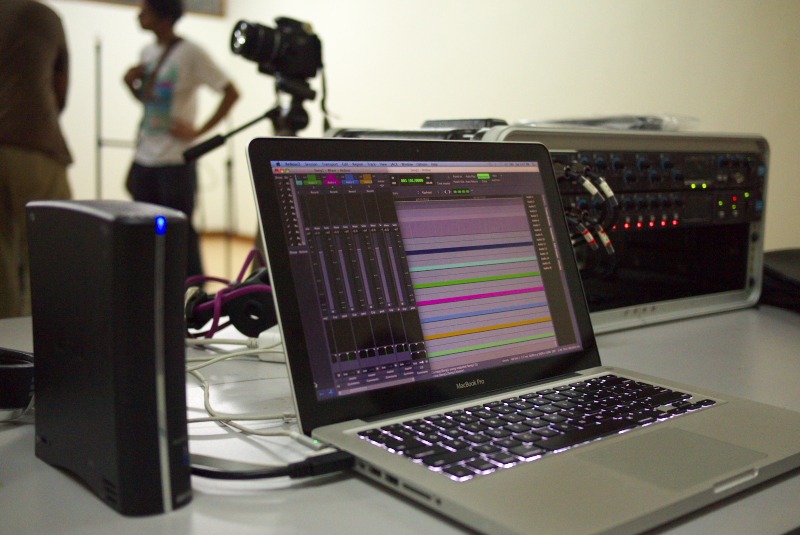NCH Software's Switch is a great tool that lets you to batch-process a bunch of audio files from one format to another. Sure you can use Audacity, iTunes etc but when you have more than two files to convert it becomes a serious hassle.
Some of Switch's features include:
Some of Switch's features include:
- Universal audio converter supporting all popular formats
- Convert or compress sound files within minutes of downloading
- Includes batch audio converter to convert thousands of files
- Extract audio from any media file including video

 RSS Feed
RSS Feed
